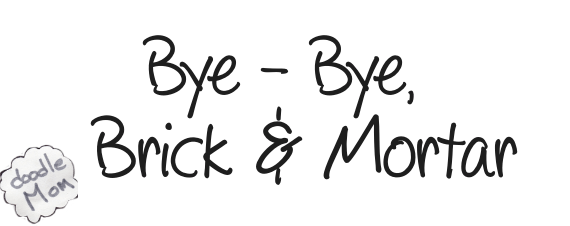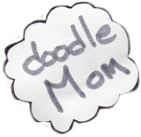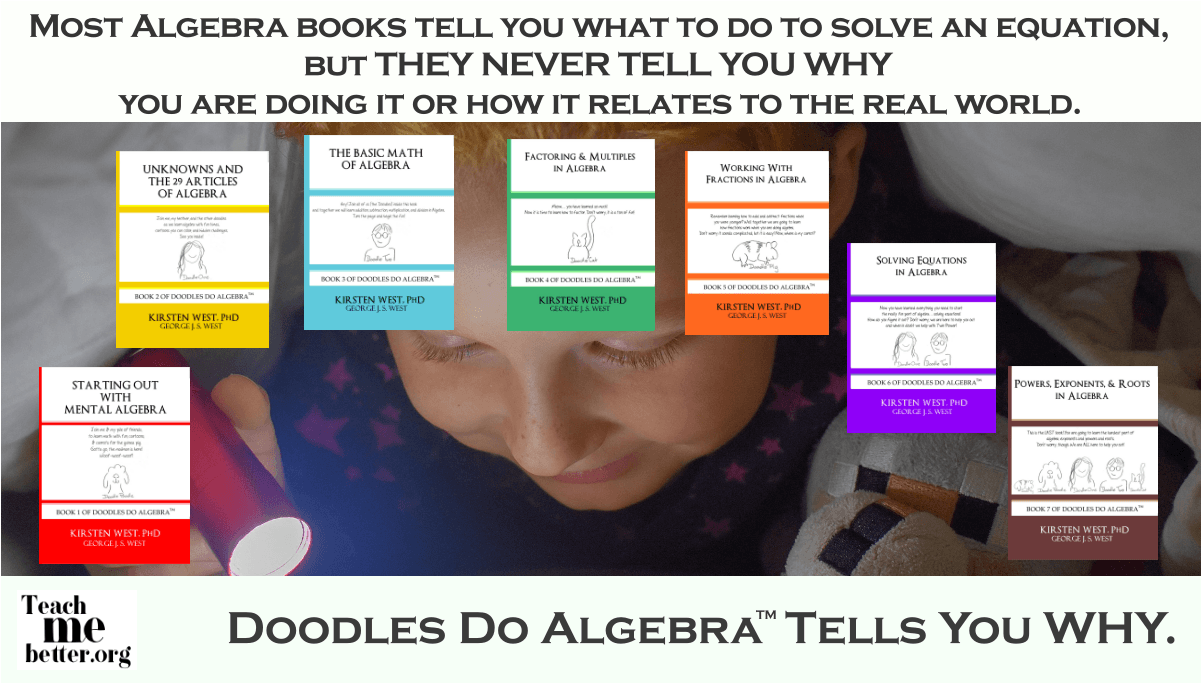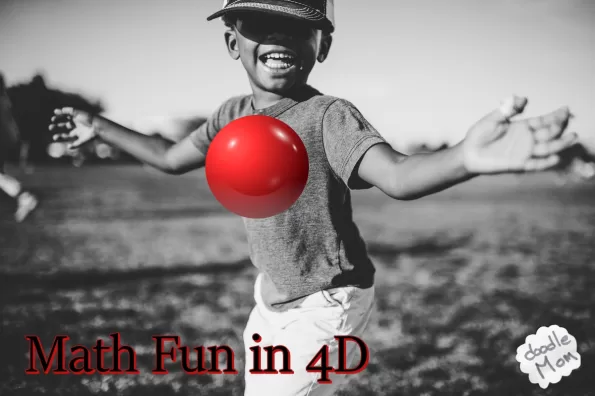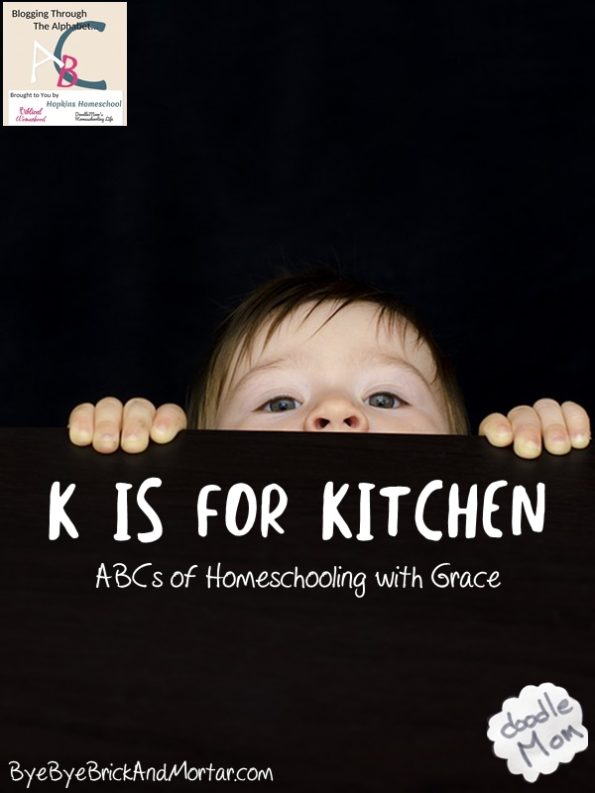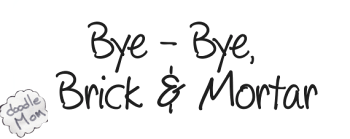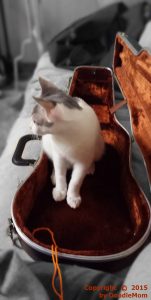 Mentoring a child is an old idea. It is what has happened in villages and communities for centuries and centuries. Children would learn from the older generations. It was the logical way to pass information from generation to generation. They would learn history and perhaps a trade or a skill, but they would also learn a culture. And that is where the magic lies. That shared culture is precisely why your children can stand on your shoulders and achieve far greater feats than you did. And that is the magic of a mentor.
Mentoring a child is an old idea. It is what has happened in villages and communities for centuries and centuries. Children would learn from the older generations. It was the logical way to pass information from generation to generation. They would learn history and perhaps a trade or a skill, but they would also learn a culture. And that is where the magic lies. That shared culture is precisely why your children can stand on your shoulders and achieve far greater feats than you did. And that is the magic of a mentor.
My daughter has a friend who shares stories of his childhood, stories from the history of rural America, stories from the great depression, stories about art, science, and music. We go to his house so she can learn to play a musical instrument, but what he shares with her is far, far beyond the music. He teaches her about scales and theory. She learns jazz modes and the history of the early days of swing. She hears the story of the “crooked” music of a small group of people in South America who were taught to play classical instruments (violins, violas, cellos) through a royal Spanish educational dictate that was abandoned before the people learned to read or understand classical music fully and so their music today uses these classical instruments and fragments of Bach-like musical transitions but has seemingly random extra beats in measures of the music that while they sound just fine, mathematically don’t fit in the music.
And nearly every story is backed up with a piece of sheet music for my daughter to take home and learn. She learns about the British who, in an effort to stamp out the will of the Scottish people, burned all the bagpipes they could find and then she learns to play a Scottish tune that commemorates the resistance fighters. She learns why early colonial barn dance music was so similar to military marching music: the military had a drum and fife corp that marched with them and the fife player nearly always also carried a fiddle so the military band would play the barn dances as well and they would oftentimes play the same music for both activities, just at a different tempo.
As my daughter learns all these stories and discovers how to play the immense variety of musical styles, she also learns that the history of humankind is tied perhaps more strongly to music than anything else. Music transcends language and has been used as a means of communication between people who could not understand each other’s speech. Music can even show us historical movements and exploration of peoples by tracing the origin of tunes. Music soothes your soul, it expresses sadness at a great man’s passing, it commemorates important historical moments, and allows you to communicate with that which is beyond.
My daughter’s music teacher is a treasure. We are beyond fortunate to have found him and the impact he has on my daughter is immeasurable. I strongly suspect that these people are everywhere in our communities, often overlooked as older with old-fashioned and passe ideas. But exposing our children to their knowledge and their stories enrich our kids with unique shared experiences and give them an ongoing respect for the generations that came before us.
And that is the magic of a mentor.
